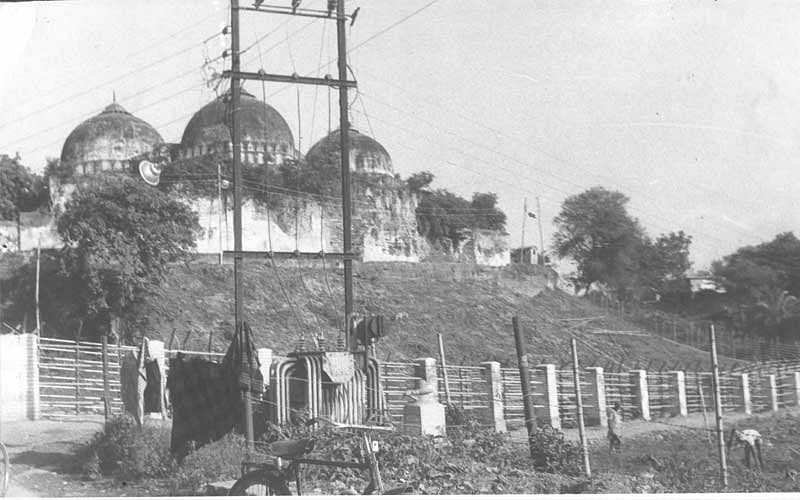November 9, 2019 will go down in history as a momentous day because the Supreme Court (SC) has put an amicable full stop to the Ayodhya imbroglio that had strained the secular credentials of India, polluted the ganga-jamuni culture of Uttar Pradesh and unnecessarily created an artificial schism between two fraternal communities – Hindus and Muslims – for long.
The SC judges not only showed statesmanship in delivering a unanimous judgement, but also set the national narrative by bringing to a close a problem that has vitiated communal harmony and disturbed law and order. The judgement has set the stage for both the Hindus and Muslims to move forward in the construction of a temple and a mosque respectively, instead of quarrelling over the title of a piece of land.
It must be noted that both sides got more than what they asked for. Muslims got almost double the land (5 acres) at a prominent site in Ayodhya when they were fighting for 2.77 acres of land for the mosque, while the Hindus were interested in the construction of the temple for which the SC has given the go-ahead.
In deciding the title suit, that is whom the land belong to, the Court said it went not by faith or belief but on the basis of evidence. The SC judgement also qualitatively differed from that of the Allahabad High Court (HC) verdict of 2010. It said that the HC had erred in treating the case as a suit for the partition of the land of 2.77 acres, which the latter had ordered to be equally distributed among the three litigants – Sunni Waqf Board, Nirmohi Akhara and Ram Lalla Virajmaan. Rejecting the Allahabad HC Judgment of 2010, the SC observed that dividing the land will not serve the purpose of any party nor bring lasting peace and tranquillity.
While the SC has categorically rejected faith and belief as the basis for its judgement, but for millions of Hindus the issue is nothing if not a matter of faith. They believe Lord Rama to have been born in Ayodhya, a place that finds mention in many ancient and comparatively recent Hindu texts. It is this belief that has made Hindus emotionally-attached to the formerly disputed site at Ayodhya, worshipped as the exact place of the deity's birth. Therefore, it won’t be surprising if the BJP – and its parent organisation the RSS – are seen as having delivered on what has come to be seen as a touchstone issue among a section of the Hindus.
But now the construction of the Ram temple and a grand masjid at Ayodhya must be seen as a golden opportunity for Indians of all religious and political hues to defeat the nefarious designs of vested interests and lay the foundation of a unique communal harmony. It could pave the way for a collective effort by Hindus and Muslims to build each other’s religious monuments. For many centuries to come, Indians may not get such an opportunity to strengthen their communal harmony and secularism.
Though senior lawyer Zafaryab Jilani, who represented the Sunni Waqf Board, spoke of going in for a review of the SC judgement, but the Board itself said it welcomed the judgement and had no plans to challenge it. Muslim clerics and politicians appealed for peace and calm after the judgement. The media too played its role well. All of this is a signal that India is ready to leave behind a ‘conflictual’ era of politics behind and move towards a more ‘cooperative’ era.
(A K Verma is Director, Centre for the Study of Society and Politics, Kanpur)
The views expressed above are the author’s own. They do not necessarily reflect the views of DH.
